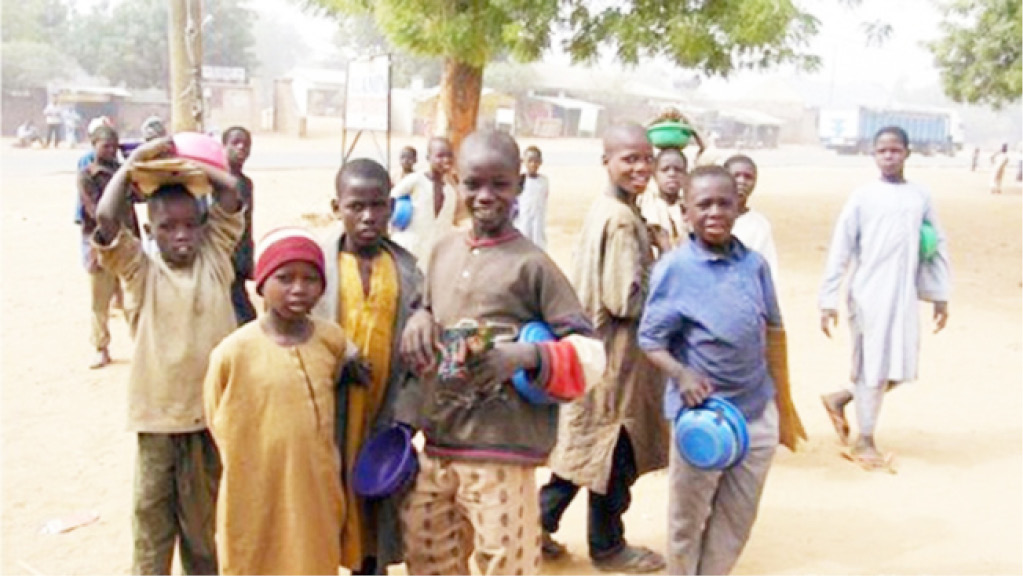Kaduna LG bans Almajiri system after 8 die in boat mishap
Kubau Local Government Area of Kaduna State has suspended the Almajiri system of education after the death of eight almajirai in a boat mishap, the LG chairman, Alh. Sabo Aminu Anchau, told Arewa Trust Weekly. Arewa Trust Weekly reports that Governor Nasir el-Rufai had, in April, banned the system in the state when he commenced […]

FILE PHOTO.
Kubau Local Government Area of Kaduna State has suspended the Almajiri system of education after the death of eight almajirai in a boat mishap, the LG chairman, Alh. Sabo Aminu Anchau, told Arewa Trust Weekly.
Arewa Trust Weekly reports that Governor Nasir el-Rufai had, in April, banned the system in the state when he commenced the repatriation of almajirai to their home states.
Almajiri school system must meet current realities — Sokoto district head
Senate wants Almajiri education integrated into formal system
Anchau said the ban in Kubau LGA included all other forms of child labour and exploitation, adding that the decision was not meant to stop Qur’anic education, but to arrest the abuse of pupils in the name of schooling.
In the “Last farming season, the council lost eight almajirai in the Gilmor River.
“Their teacher had taken them to work at his farm across the river.
“On their way back, the canoe conveying them developed technical fault with its engine in the middle of the river.
“As the water current rose, some of the children jumped into the river and unfortunately eight of them drowned,” he said.
He described as unacceptable the situation where some teachers used the system to exploit the young boys by turning them into child-labourers.
“The almajiri school teachers are posing a serious challenge to the council’s efforts at providing basic education to all the under aged.
‘We are trying, in collaboration with the state government, to make the system more effective and decent,” he said.
The chairman stated also that in order to reverse a situation where pupils took lessons on the floor, the council has constructed additional classrooms, distributed about 650 chairs and involved communities in the running of the schools.
